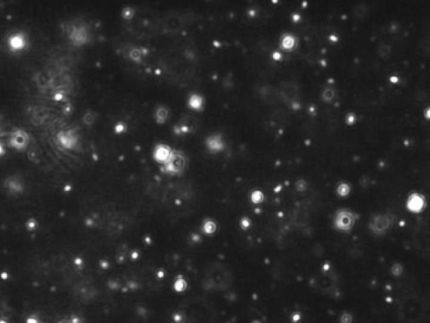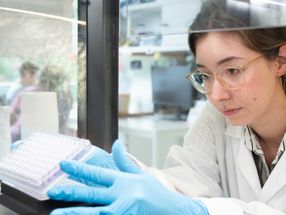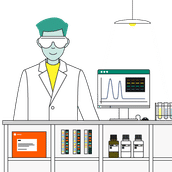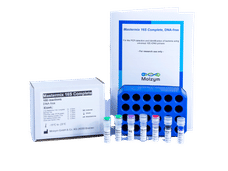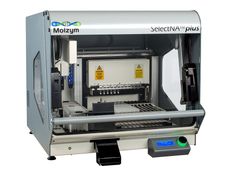Mexico to Begin Genetic Studies of Mexican Population using Applied Biosystems Sequencing and Genotyping Technology
Mexico's National Institute of Genomic Medicine and Applied Biosystems Announce Collaboration on Genetics Projects
Advertisement
Applied Biosystems Group and the National Institute of Genomic medicine of Mexico (Instituto Nacional de Medicina Genomica or "INMEGEN"), announced a collaboration to establish an Applied Biosystems Sequencing and genotyping Unit at INMEGEN and conduct collaborative research studies focused on health issues important to the Mexican population.
The Applied Biosystems Sequencing and Genotyping Unit was unveiled today during a ceremony at INMEGEN with Dr. Julio Frenk, Secretary of Health for Mexico.
INMEGEN, part of Mexico's National Institutes of Health, was formally established in July 2004 to apply knowledge gained from the human genome project to improve healthcare in Mexico by investing in research, training, and public education.
"The Mexican population includes a mixture of more than 60 Meso-American native groups and Spaniards. Analyzing and characterizing genetic variation in our unique population is the only way to cost-effectively develop better strategies for the prevention, diagnosis, and treatment of common diseases in our country, such as diabetes, asthma, and hypertension," said Gerardo Jiménez Sánchez, M.D., Ph.D., Director General of INMEGEN. "Applied Biosystems' leading technologies and experience in DNA analysis makes them an ideal partner for this large-scale effort."
INMEGEN and Applied Biosystems' collaboration represents the largest genotyping study undertaken in Latin America. Genotyping will be conducted using Applied Biosystems TaqMan® Drug Metabolism Genotyping Assays on the Applied Biosystems 7900HT Fast Real-Time PCR System. INMEGEN and Applied Biosystems also plan to immediately begin a pilot project to determine patterns of sequence variation for genes of pharmacogenetic interest in the Mexican population. Medical sequencing or resequencing will be performed on a select subset of identified genes using the Applied Biosystems 3130xl Genetic Analyzer and the 3730xl DNA Analyzer. In addition, the collaborators plan to develop a set of specific pharmacogenetic assays for INMEGEN and other researchers and physicians at the Mexican National Institutes of Health.
"The Mexican population has a unique genetic makeup that has important implications for the success of the health care delivery system in Mexico, as well as in the United States and other Latin American countries," said Tony L. White, Chairman, President and Chief Executive Officer, Applera Corporation. "We are excited to work with INMEGEN on projects which seek to better elucidate genetic variations in diverse populations, so that targeted medicine can become a reality around the world. Applied Biosystems is proud to extend our contribution to the Human Genome Project to this next important phase of research."
The Applied Biosystems Sequencing and Genotyping Unit at INMEGEN will employ Applied Biosystems' 3730xl DNA Analyzer, 3130xl Genetic Analyzer, 7900HT Fast Real-Time PCR System, the GeneAmp PCR System 9700, and associated reagents and consumables.



